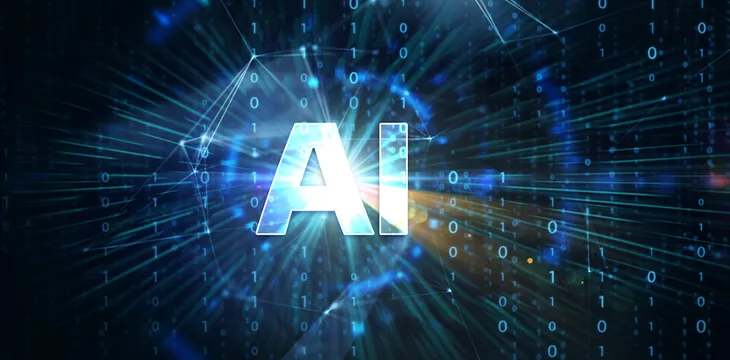|
Getting your Trinity Audio player ready...
|
The United Nations (UN) has raised the alarm over using artificial intelligence (AI) tools in schools, urging regulators to implement tighter restrictions on their usage.
In its latest policy guidance, the United Nations Educational, Scientific and Cultural Organization (UNESCO) pointed out that using AI-powered chatbots poses various ethical issues. The body warned that relying on chatbots may adversely affect the emotional well-being of young children needing human interaction with teachers.
As generative AI continues to record high adoption metrics, the offering has debuted in education, with OpenAI‘s ChatGPT and Google’s (NASDAQ: GOOGL) Bard getting the lion’s share.
Generative AI has seen new use cases as a learning aid in schools, with institutions relying on the tools to assist students with learning disabilities. UNESCO added that the students may leverage generative AI as a partner in “Socratic dialogues” but warned that proper guardrails should be established to regulate their usage.
Despite the array of benefits, the UN agency points to a spike in plagiarism and cheating incidents via AI platforms. UNESCO added that a heavy dependence on generative AI tools may negatively affect younger students’ creative thinking and problem-solving abilities.
“Generative AI can be a tremendous opportunity for human development, but it can also cause harm and prejudice,” said Audrey Azoulay, UNESCO’s Director General. “It cannot be integrated into education without public engagement and the necessary safeguards and regulations from governments.”
UNESCO reeled out several suggestions, including age restrictions, data protection, and the need for regulators to prioritize the validation of AI systems before their deployment in schools. Presently, OpenAI imposes an age limit of 13 for ChatGPT, with Google posting similar restrictions for their usage, but UNESCO hints at a higher age limit.
“Many commentators understand this threshold to be too young and have advocated for legislation to raise the age to 16,” read UNESCO’s policy guidance.
In June, Japan unveiled restrictions on the use of AI in schools, placing an outright ban on their reliance on examinations and limiting their use in creative writing.
UNESCO hopes the policy guidance will serve as a foundation for a global regulatory framework to control the use of generative AI tools in the educational sector.
UN bothered by AI misuse
UNESCO is not the only UN agency lending its voice to the call for tighter global regulations for AI. In July, The UN’s Security Council warned of mounting global security risks due to rapid AI innovations.
UN Secretary-General Antonio Guterres noted that AI could be “an existential threat to humanity on a par with the risk of nuclear war if left unregulated.” The global watchdog added that an absence of rules could see AI adversely affect critical sectors of the worldwide economy, including finance, Web3, education, and security.
In order for artificial intelligence (AI) to work right within the law and thrive in the face of growing challenges, it needs to integrate an enterprise blockchain system that ensures data input quality and ownership—allowing it to keep data safe while also guaranteeing the immutability of data. Check out CoinGeek’s coverage on this emerging tech to learn more why Enterprise blockchain will be the backbone of AI.
Watch Dr. David Hardoon, Dr. Adrienne Heinrich: Blockchain & AI unlock possibilities

 07-04-2025
07-04-2025 





